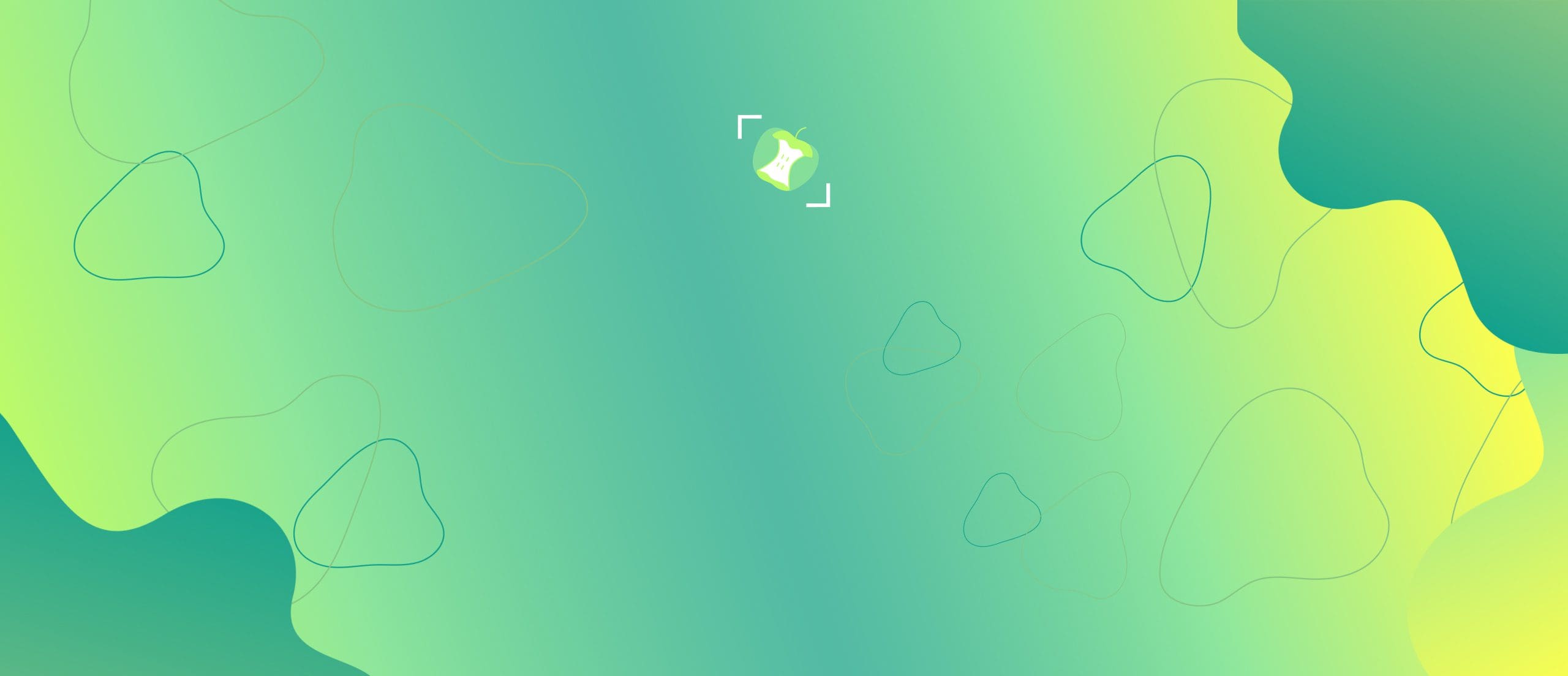Project Highlights:
- Chose Flutter and Firebase for Fast Time-to-Market
- Implemented YOLO for Trash Detection
- Performed Quality Assurance in Close Cooperation With the DS Team
- Added Multi-Region Admin Panel to Simplify Object CRUD

Recycling is a crucial component of achieving sustainability goals. Nevertheless, understanding recycling guidelines can be daunting, and incorrect waste sorting can result in significant financial penalties. The MobiDev team has developed an AI application that serves as an interactive guide for waste sorting. With the app, it’s easy to simply scan trash items, and receive tips on which recycling bin to use, or information about how to deal with the waste properly if it does not belong in a recycling bin.
The Recycling Assistant utilizes an object detection model to identify waste items and provide suggestions for proper recycling in accordance with specific country regulations. We have trained the ML model to detect 25 object categories, thus expanding training datasets with custom ones. This helped the model, in particular, distinguish cups made of paper and plastic as well as separate glass bottles from plastic ones.
Flutter, Firebase, YOLO5, Flutter for web, UI/UX Design


Recycling Assistant app will help keep money in your pocket, because "Litter" fines in Germany can be painful:
▪ Garbage bag thrown in an unauthorized place - 30 euros.
▪ Unremoved branches or leaves near the house - 20 euros.
▪ Dog droppings left on the street – 20 euros.
▪ Cigarette butts, disposable dishes, or other garbage in nature - 35 euros.
▪ Oversized appliances, for example, a refrigerator or a washing machine, left in an unauthorized place, – 500 euros.
▪ Car tires, thrown away on the side of the road or in the forest - from 330 to 1600 euros.Olena Mohylevska
Product Manager of Recycling Assistant


We focused on releasing MVP on the market in a short time to make sure the app was relevant to the market, as well as to build our further development roadmap based on users’ feedback. In particular, we have used pictures from users’ reports to prepare a custom dataset of over 2000 objects, which we utilized to train our model further. In terms of tight deadlines, the combo of Flutter & Firebase was optimal so that we could release the app for both iOS and Android simultaneously, without the need to write code separately for each platform or to build a custom backend.

After considering various ML models for the Recycling Assistant, we opted for YOLO since it fulfilled our key requirements, which were:
Our decision to opt for YOLO5 instead of YOLO7 was based on several factors. It processes information at a faster rate, occupies less storage space on devices, and is currently more stable when used with Flutter. Although YOLO7 is a more powerful model that provides slightly higher accuracy, its longer processing time and, more importantly, larger size, were critical considerations. As the AI model performs calculations directly on users’ smartphones, we aimed to minimize the storage space required for the Recycling Assistant.
Close collaboration between our Quality Assurance and Data Science teams during manual testing resulted in the detailed report identifying objects that the model struggled with, such as mistaking cherry tomatoes for bottle caps or brightly branded paper glasses for soda cans. This helped the DS team to effectively plan and accomplish further model training activities.
To ensure a smooth user experience from the outset, the QA expert highlighted important external factors to consider before scanning, such as camera clearance and specific lighting and background requirements. These details are presented upon launching the app, helping to create an intuitive user flow.
To streamline the object CRUD process (create, read, update, and delete), we developed a multi-region admin panel that provides information on all categories and rules for each country we operate in (currently, the app covers Germany, Czech Republic, Poland, and the United Kingdom). Furthermore, the admin can access statistics on the most frequently scanned objects, as well as detailed bug reports with error information.

As the product manager of the Recycling Assistant, I am thrilled to see the success of our idea being showcased through this case study. I think that the app's ability to recognize types of rubbish and make recycling recommendations is a game-changer in education on rubbish sorting. The user-centric approach has enabled us to design an app that not only makes recycling easy but also encourages users to adopt sustainable practices. We believe that the app has the potential to make a significant impact on the environment by reducing waste and promoting recycling.
Bring Your Idea to Life
contact us